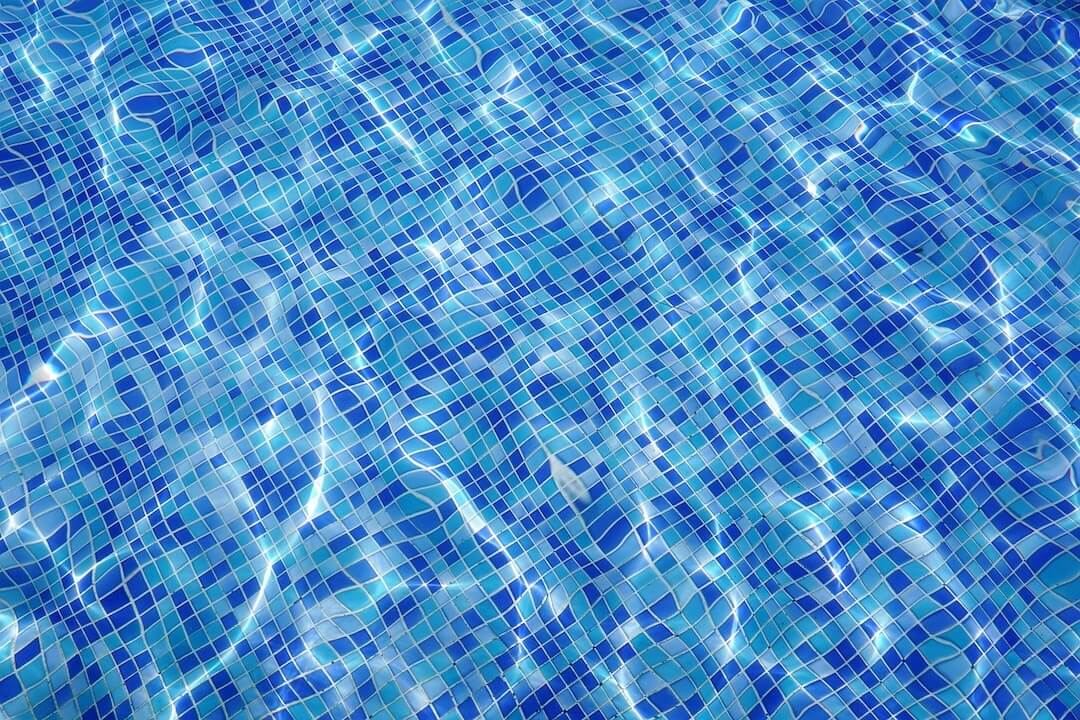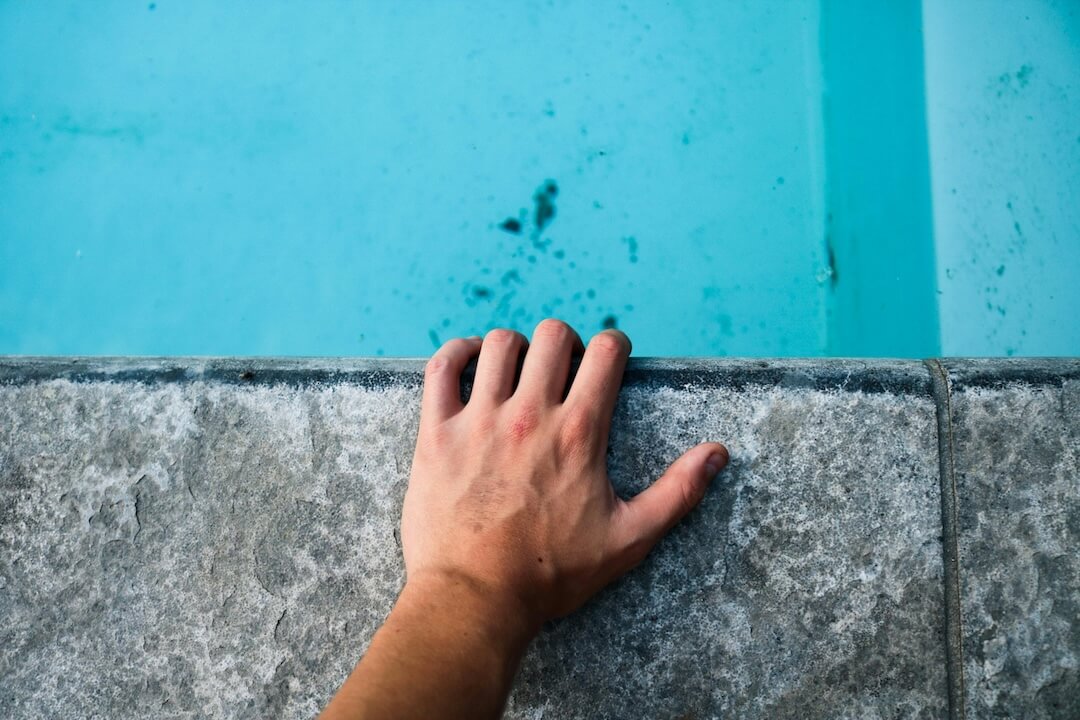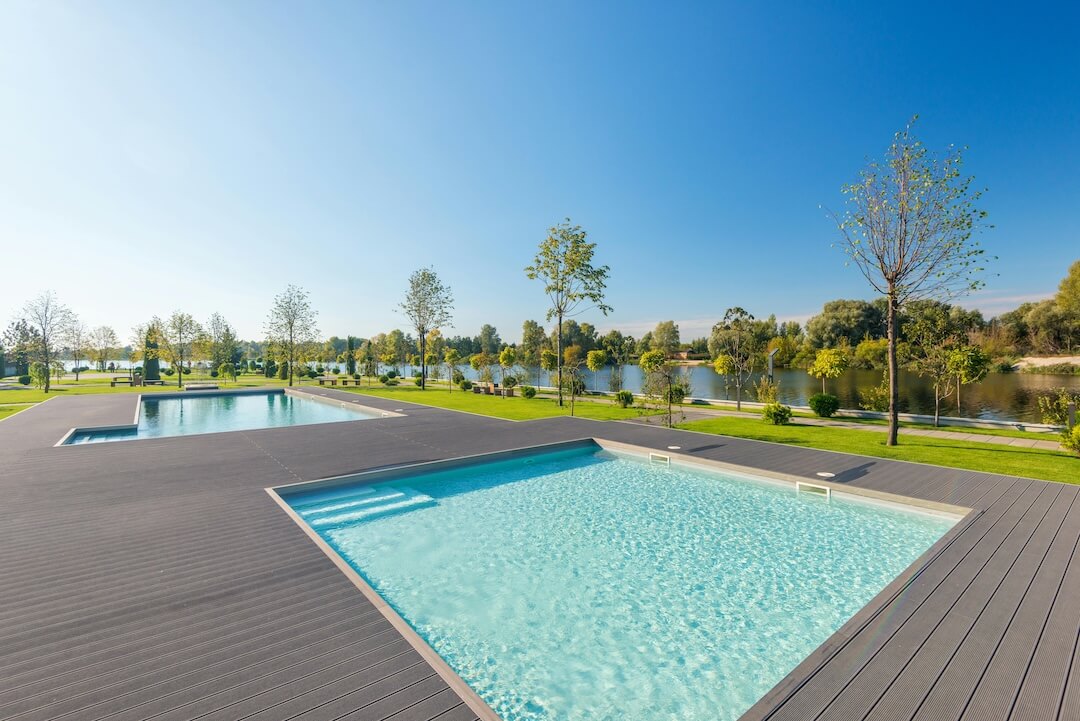How to Balance Pool pH Levels

How to Balance Pool pH Levels
Maintaining the correct pH level in your pool is crucial for ensuring safe, clean, and inviting water. In Hialeah Gardens, where warm temperatures can accelerate chemical imbalances, knowing how to properly balance your pool’s pH is an essential part of effective pool care. Whether you are a seasoned pool owner or new to pool maintenance, understanding how to test and adjust pH levels will help you extend the life of your pool equipment, improve water clarity, and provide a comfortable swimming environment for your family and friends. Our pool specialists in Hialeah Gardens are here to guide you through the process of balancing pool pH levels with practical advice and expert tips.
Understanding the Importance of Proper pH Levels
The pH level measures how acidic or alkaline your pool water is, on a scale from 0 to 14. For most pools in Hialeah Gardens, the ideal pH range is between 7.2 and 7.6. This range ensures that disinfectants like chlorine work effectively to kill bacteria and algae while preventing corrosion of pool surfaces and equipment. If pH levels fall below 7.2, the water becomes too acidic, which can cause skin and eye irritation, damage to pool surfaces, and equipment corrosion. Conversely, if pH exceeds 7.6, the water is too alkaline, leading to cloudy water, scaling, and reduced effectiveness of sanitizers. Keeping the pH within the optimal range is vital for maintaining a safe and comfortable swimming environment.
How to Test Your Pool’s pH Level
Testing your pool’s pH regularly is a fundamental part of pool maintenance. There are several reliable methods to measure pH levels, including test strips, liquid test kits, and digital meters. Test strips are quick and easy to use; you simply dip a strip into the water, wait a few seconds, and compare the color change to the provided chart. Liquid test kits involve adding a reagent to a water sample and observing the color change, offering more precise readings. Digital pH meters provide digital readouts and are highly accurate when calibrated properly. In Hialeah Gardens, where high temperatures can influence chemical stability, it’s recommended to test your pool water at least twice a week during peak season and weekly during cooler months. Proper testing ensures you catch pH imbalances early and take corrective action promptly.
How to Adjust pH Levels in Your Pool
Once you determine that your pool’s pH is outside the ideal range, it’s time to make adjustments. To raise the pH, our experts recommend using a pH increaser, commonly known as soda ash or sodium carbonate. This chemical raises alkalinity and helps restore balanced pH levels. When adding pH increaser, distribute it evenly around the pool while the pump is running to promote proper circulation. It’s important to add the chemical gradually and re-test after a few hours before making further adjustments.
To lower the pH, use a pH reducer such as muriatic acid or sodium bisulfate. These chemicals help bring down alkalinity and acidity levels effectively. Always add acid slowly and carefully, pouring it into the deep end of the pool while the filter is running. In Hialeah Gardens, where pool water can quickly become unbalanced due to heat and heavy usage, it’s crucial to follow safety guidelines and manufacturer instructions when handling chemicals.
After making adjustments, wait at least four hours and then re-test the water. If necessary, repeat the process until your pH is within the desired range. Consistent testing and gradual adjustments prevent overcorrections, which can lead to further imbalances and potential damage.
Additional Tips for Maintaining Pool Water Chemistry
Beyond balancing pH levels, there are other key aspects of maintaining optimal pool water chemistry. Alkalinity acts as a buffer for pH, so keeping total alkalinity within 80-120 ppm helps prevent sudden pH fluctuations. Regularly testing alkalinity along with pH provides a comprehensive picture of water balance. Chlorine levels should also be monitored to ensure your pool remains sanitized; the ideal free chlorine range is 1-3 ppm.
In Hialeah Gardens, high temperatures can cause rapid chemical evaporation and imbalance. To combat this, schedule regular testing and adjust chemicals accordingly. Using a pool stabilizer, such as cyanuric acid, can help protect chlorine from UV degradation, especially during the sunny season. Keep your filter clean and ensure proper circulation to prevent algae growth and maintain water clarity.
It’s also advisable to shock your pool periodically, especially after heavy use or storms, to eliminate contaminants and restore water quality. Our pool specialists can help you develop a tailored maintenance routine that keeps your pool in top condition all year round.
Why Professional Pool Maintenance Matters in Hialeah Gardens
In Hialeah Gardens, the combination of warm weather and high usage makes professional pool maintenance essential. Our experts possess the knowledge and tools to accurately test water chemistry and calibrate chemicals for optimal pH levels. Regular professional check-ups can prevent costly repairs, extend the lifespan of your pool equipment, and ensure your water remains safe and inviting.
By working with our specialists, you gain access to customized pool care plans that include routine testing, chemical adjustments, and system inspections. This proactive approach minimizes the risk of algae, bacteria, and scale buildup. We also recommend scheduling seasonal maintenance to prepare your pool for the changing weather patterns in Hialeah Gardens.
Don’t leave your pool’s health to chance. Contact our trusted pool specialists today to learn more about maintaining perfect pH balance and overall water chemistry. Our team is committed to helping you enjoy a beautiful, safe, and well-maintained pool all year long.
In conclusion, mastering how to balance your pool’s pH levels is an integral part of responsible pool care in Hialeah Gardens. Regular testing, careful chemical adjustments, and professional assistance will ensure your pool remains crystal clear, safe, and enjoyable. Reach out to our specialists for expert advice and comprehensive pool maintenance services tailored to your specific needs.



